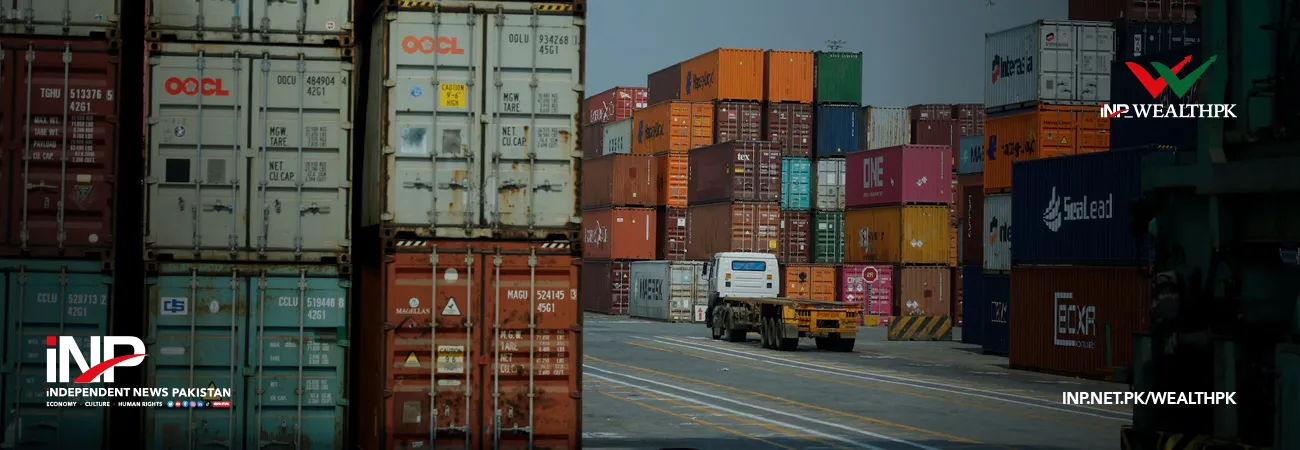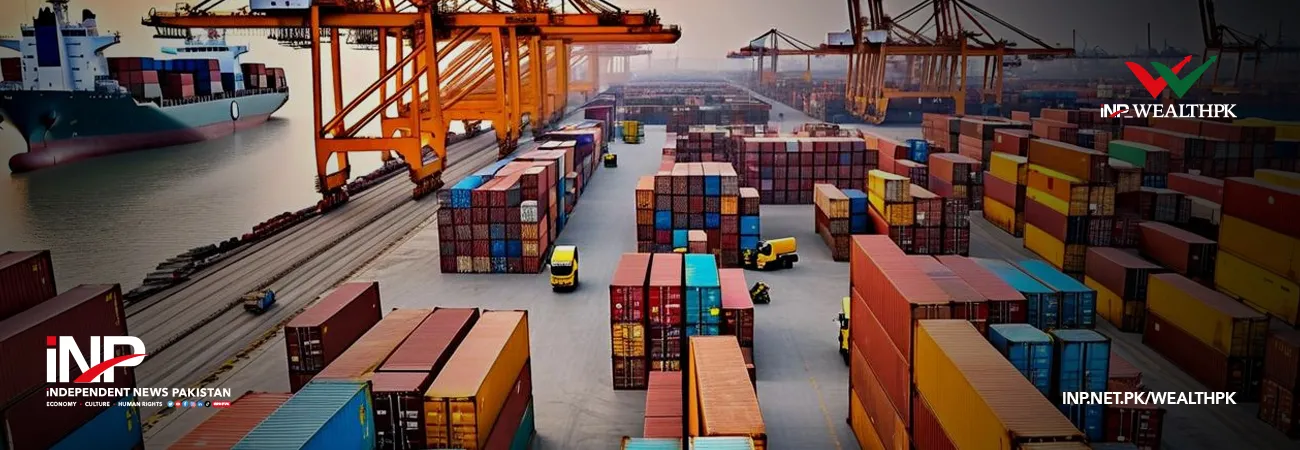INP-WealthPk
ISLAMABAD Jun 19 (INP): Eastbay Expressway in Gwadar has turned into a road of technology, says a report published by China Economic Net (CEN) on Sunday
As the only expressway in Gwadar, Eastbay Expressway runs through an array of complicated terrains from coast to mountains. Underpinning is the advanced construction technology.
Of the over 19-km road, about 4 kilometers of the area is reclaimed from the sea. For this, the “Revetment and Piling Technology” was used for the first time in Pakistan.“While using this technology, workers bored the sub-oil of 18 feet after every 6 inches and then piled up river stones in them in order to establish strong support beneath the roads to bear the load so that the road won’t sink or suffer any damage”, said Colonel Rtd Naveed Ahmad Shami, Coordinator of the Eastbay Expressway project.
“The soft ground along the coast is unfavorable for road construction. In the embankment, about 456,000 square meters of soft ground is treated with the method of ‘vibro-flotation and dynamic compaction’, which greatly improved the safety and reliability of the embankment”, said Mr. Liu Fangtao.
“In China, there is a saying that if you want to get rich, build a road first. We are acting on the same philosophy with the expectation of bringing wealth to the local people”, he added.
Two months after the Eastbay Expressway was completed, Gwadar coast is embracing one of the most bustling summers. Cargo to and from the port finds a quick connection with national arteries.
The 19.49km road, which starts from China-Pak Friendship Avenue in Gwadar Port and converges with the existing Makran Coastal N10 Highway, is opening a new chapter for Gwadar to become an international logistics hub.
“For many people, the biggest concern when they come to Baluchistan is security, but we have put in place very tight security guards and round-the-clock protection by the Pakistan Army to ensure the security of transport, road, structure, and infrastructure”, said Colonel Rtd Naveed Ahmad Shami.
The locals, too, are enjoying augmented protection from the project. In the past, when the monsoon season comes, sea waves could damage or even crush the houses by the sea. Now barrier boards have been installed and together with 4.34km anti-wave breast wall along the coast, they form the 4.34km revetment to protect the embankment from strikes of the tide.
Also under protection are local fishermen. Catering to their needs, three bridges were incorporated into the project. “Fishermen have wide access to the sea and when they are not fishing, they can tow their boats ashore in time for maintenance to avoid being damaged by sea waves”, said Mr. Liu Fangtao, Gwadar Eastbay Expressway Project Manager of the undertaking China Communications Construction Company (CCCC).
The influence of the project extends far beyond Gwadar. At peak, nearly 2000 Pakistani people found employment in this project. Many of them came from Sindh, Punjab and KPK. Here, they received training on specific skills and became engineers, translators, drivers, surveyors, operators, operators of drivers, excavators, graders, and rulers, masons, carpenters, steel fixers, etc.
“We not only enjoy above-average salary but also accommodation, compensation on overwork, assistance when injury or some unexpected accident happens at home”, said Saeed Ahmad, an engineer of the project. “From nothing to everything, so much has changed here”.
INP/javed













